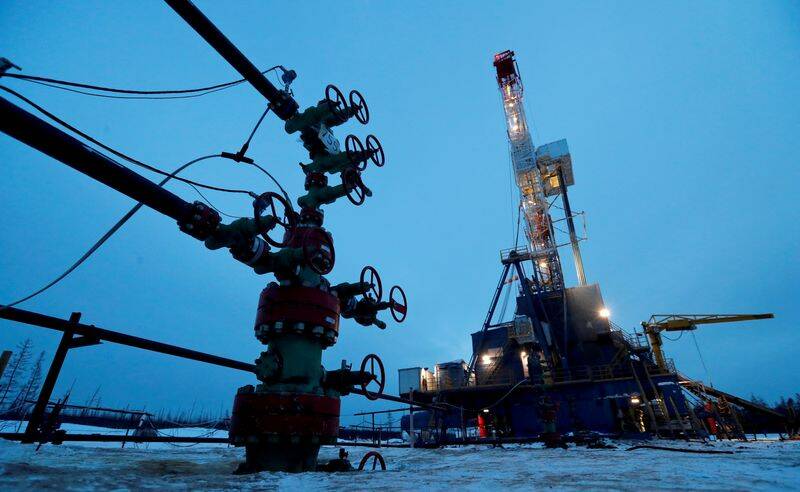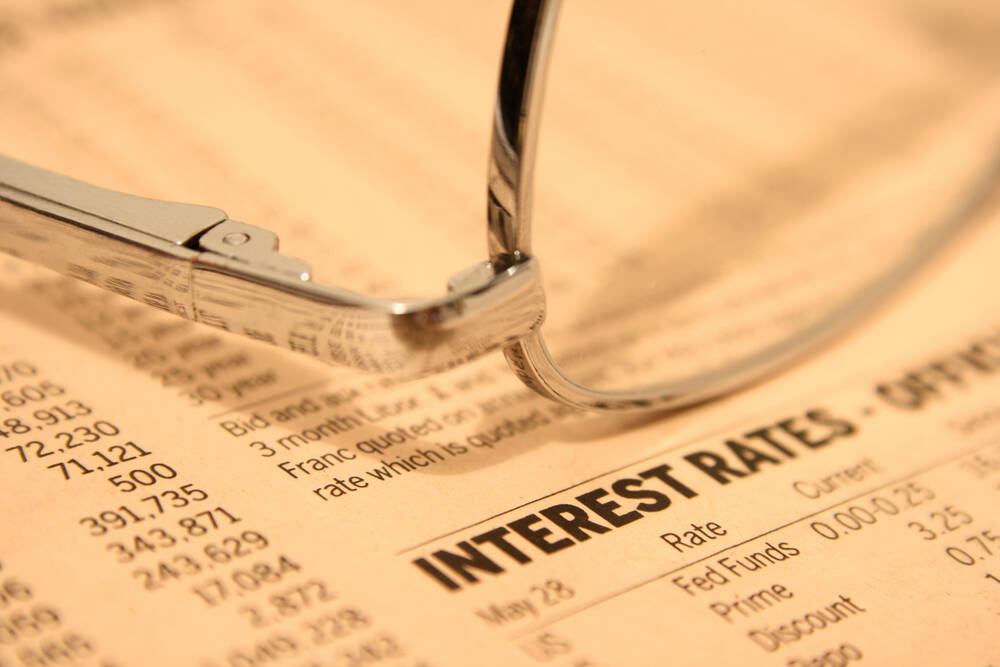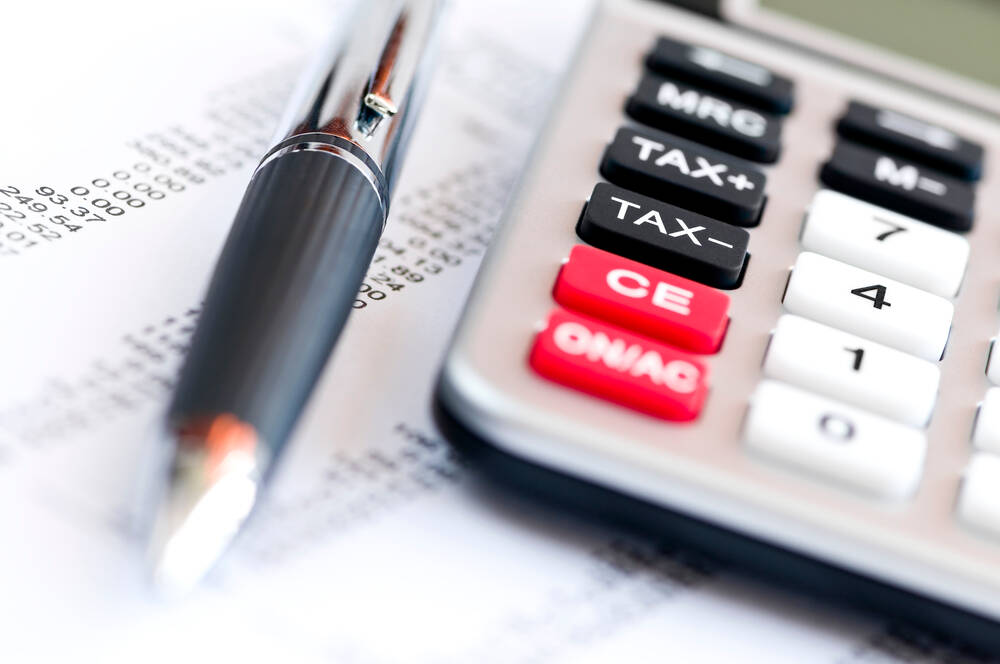Advertisement
Advertisement
Search Indicator:
Choose Country 
Netherlands GDP Growth Rate
Last Release
Dec 31, 2024
Actual
0.4
Units In
%
Previous
0.8
Frequency
Quarterly
Next Release
Jun 24, 2025
Time to Release
2 Months 27 Days 2 Hours
Highest | Lowest | Average | Date Range | Source |
7.5 Sep 2020 | -8.4 Jun 2020 | 0.52 % | 1988-2024 | Statistics Netherlands |
The Netherlands is the sixth-largest economy in the Euro Zone and important transportation hub in Europe. The Dutch economy depends heavily on foreign trade, with exports accounting for 83 percent of GDP and imports for 72 percent. Household consumption is the main component of GDP (45 percent) followed by government expenditure (26 percent), gross fixed capital formation (18 percent) and net trade (11 percent).
Latest Updates
The Netherlands' economy expanded by 0.4% quarter-on-quarter in the three months to December 2024, in line with preliminary estimates and following a 0.8% increase in Q3. Growth was driven by an acceleration in fixed investment (2.8% vs. 0.3% in Q3), supported by higher investments from businesses and households, as well as a sharp rebound in government investments. Net trade also contributed positively to GDP, as exports rose 0.5% (vs. 0.4%), while imports fell 0.3% (vs. -0.7%). Meanwhile, government spending (0.9%, unchanged from Q3) and household consumption (1% vs. 0.6%) continued to grow. On a yearly basis, the Dutch economy expanded by 1.9%, the fastest growth since Q1 2023. For the full year, the GDP grew by 1%, broadly up from a 0.1% rise in the previous year, with government consumption being the largest contributor to growth.
Netherlands GDP Growth Rate History
Last 12 readings







